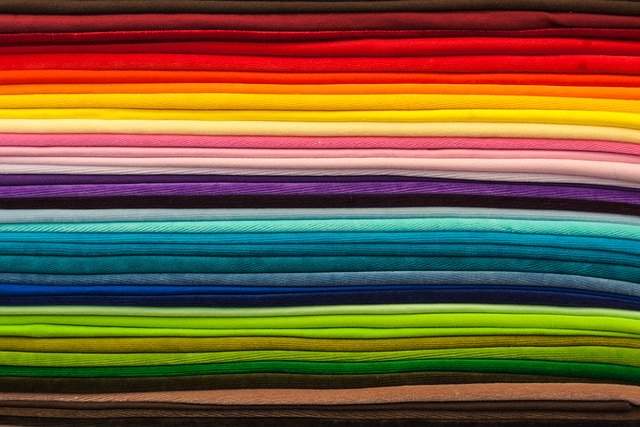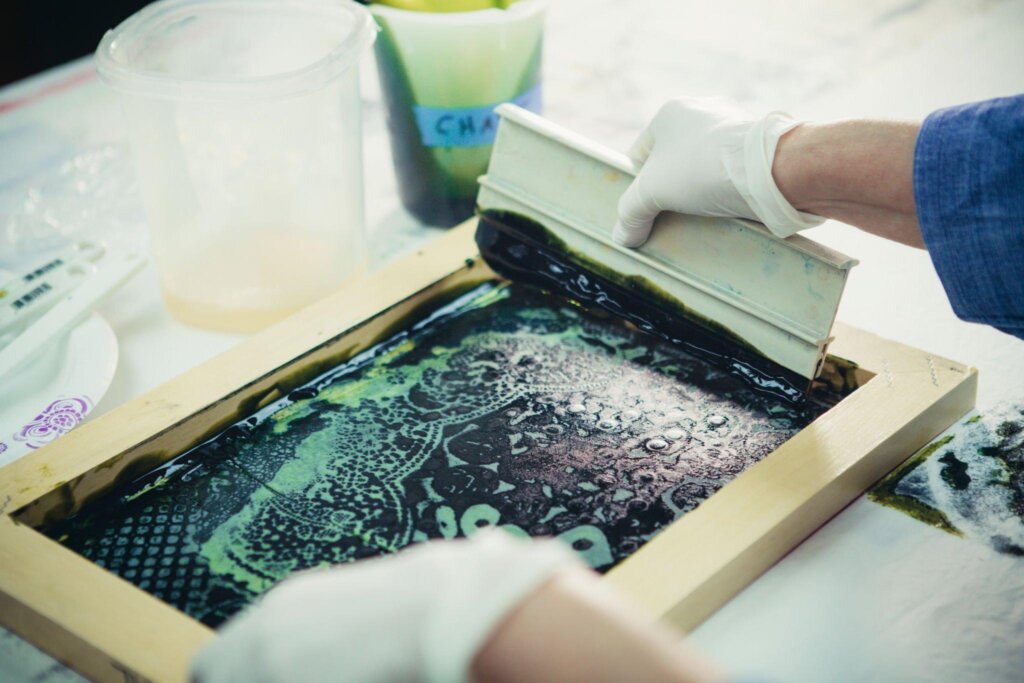Precision documentation forms the backbone of successful apparel manufacturing. At Ludyway, we utilize both spec sheets and tech packs as complementary tools throughout our cut-and-sew production process. While spec sheets focus on dimensional accuracy, tech packs encompass comprehensive technical requirements – together ensuring consistent quality across global supply chains.
Technical Definition: Garment Spec Sheet
A garment spec sheet is a precision measurement document containing:
- Grade rule tables with ±0.25cm tolerances
- Critical control points (armhole depth, neck drop)
- Dimensional callouts for all product sizes
- Fabric weight and composition verification
Unlike visual tech packs, spec sheets present data in tabular formats optimized for factory floor reference during high-volume uniform production.
Strategic Importance of Specification Sheets

Ludyway’s quality engineers prioritize spec sheets for:
- Standardization: Maintains ISO 9001-compliant dimensional consistency across production batches
- Cost Control: Prevents material overage by specifying exact yardage requirements (±3%)
- Legal Compliance: Serves as binding documentation for AQL 2.5 inspections
- Technical Clarity: Eliminates interpretation errors through numerical precision
- Lifecycle Management: Archives critical measurements for future product iterations
For complex projects like performance sportswear, we include stretch recovery ratios and tension mapping.
Comprehensive Tech Pack Components

Ludyway tech packs typically contain 15-25 pages with:
- Technical Flats: CAD illustrations with stitch callouts (SPI density) and seam specifications
- Precision Grading Specs

Our grading includes:
- Size-specific ease allowances (wearing vs design ease)
- Cross-grain alignment markers
- Dimensional change coefficients between sizes
- Color Management
Specifies:
- Pantone TPX/TCX references
- Metamerism indexes under D65 lighting
- Colorfastness requirements (AATCC 16-2018)
- Material Specifications

Detailed BOM includes:
- Fabric GSM variance limits (±5%)
- Thread tensile strength (min. 800g force)
- Interlining adhesion ratings
- Cost Analysis Matrix
Breakdowns cover:
- Trim consumption per unit
- SMV (Standard Minute Value) calculations
- Waste factor percentages
- Quality Control Protocols
Documents:
- In-process inspection points
- PP sample approval criteria
- Testing methodologies (shrinkage, pilling, color transfer)
Strategic Value of Tech Packs

Ludyway utilizes tech packs to:
- Reduce sampling iterations by 60% through precise specifications
- Maintain fabric utilization rates above 82%
- Standardize global production across multiple facilities
- Document construction details like:
- Seam types (ISO 4916:1991)
- Stitch densities (8-12 SPI for woven fabrics)
- Reinforcement points
This precision is critical for private label collections requiring brand consistency.
Integration in Production Workflow
| Document | Development Phase | Production Phase | QC Phase |
|---|---|---|---|
| Spec Sheet | Prototype measurement verification | Cutting table reference | Dimensional inspection standard |
| Tech Pack | Material sourcing & costing | Line supervisor guide | Comprehensive quality checklist |
Ludyway’s Documentation Best Practices
We enhance both documents with:
- 3D virtual fit simulations reducing physical samples by 40%
- Digital thread charts matching exact Pantone shades
- Wash care symbols compliant with ISO 3758:2012
For custom projects, we include material certification sheets and test reports.
Evolution of Technical Documentation
Modern implementations now feature:
- Cloud-based PLM integration
- QR code access to revision histories
- Augmented reality overlays for construction details
Ludyway’s technical team continuously updates documentation protocols to maintain industry leadership in garment engineering precision.
















